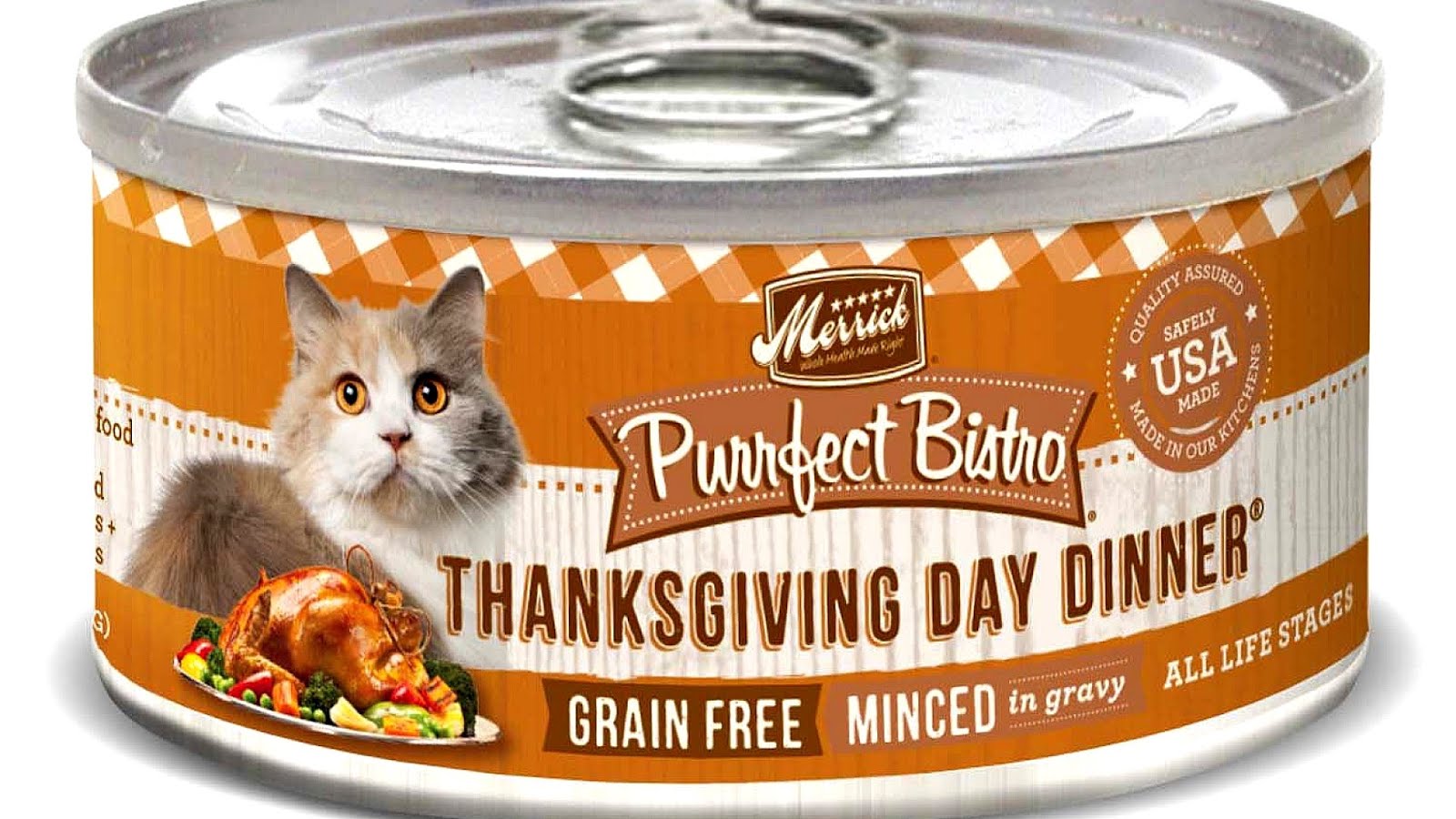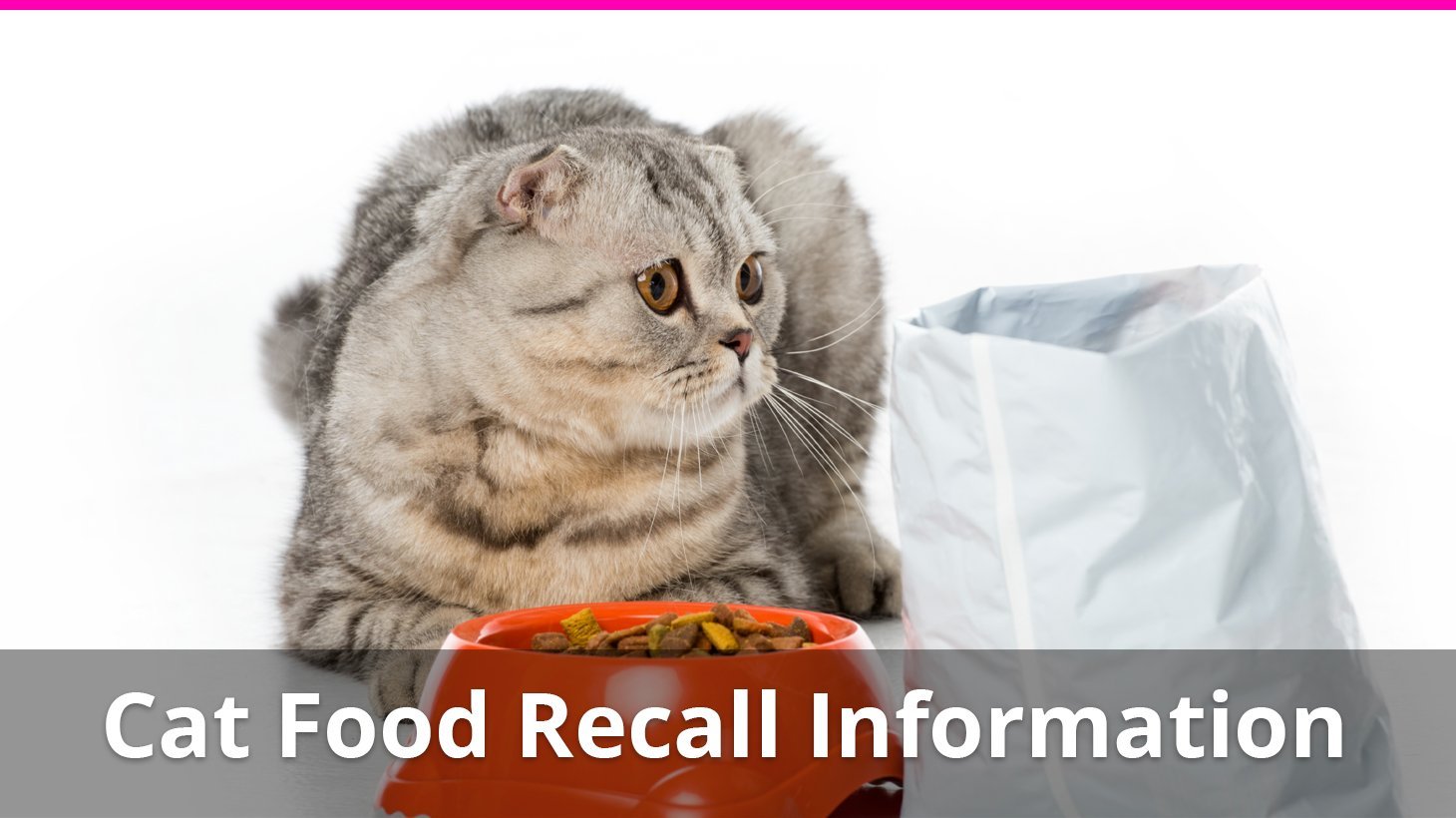Cat Food Recall Causes: Cat Food Recalls
Cat food recalls occur when a product is found to be unsafe for consumption due to various reasons. These reasons can range from contamination to manufacturing errors, posing potential health risks to cats.
The recent cat food recalls have been a major concern for pet owners, and it’s important to be aware of the risks involved. If you’re looking for a luxurious shopping experience while you’re out and about, saks fifth is the perfect place to go.
With its wide selection of high-end brands, you’re sure to find something you love. However, it’s important to remember that cat food recalls are still a serious issue, and you should always check the labels of any food you’re considering giving your pet.
Common causes of cat food recalls include:
Contamination
- Salmonella: A type of bacteria that can cause gastrointestinal issues in cats, such as vomiting, diarrhea, and lethargy.
- E. coli: Another type of bacteria that can cause similar symptoms to Salmonella, including severe diarrhea and dehydration.
- Heavy metals: Contamination with heavy metals, such as lead or mercury, can lead to organ damage and neurological problems.
Manufacturing Issues
- Foreign objects: Sharp objects or other foreign materials can be accidentally introduced into cat food during production, posing a choking or digestive tract injury hazard.
- Incorrect labeling: Incorrect labeling can lead to cats consuming food that is not appropriate for their age, health condition, or allergies.
- Nutritional deficiencies: Manufacturing errors can result in cat food lacking essential nutrients, leading to malnutrition and health problems.
Potential Health Risks, Cat food recalls
Consuming recalled cat food can pose significant health risks to cats, including:
- Gastrointestinal issues: Contamination with bacteria or other harmful substances can cause vomiting, diarrhea, and abdominal pain.
- Organ damage: Heavy metal contamination can lead to liver or kidney damage.
- Neurological problems: Contamination with certain toxins can affect the nervous system, causing seizures or other neurological issues.
- Allergic reactions: Incorrect labeling can result in cats consuming food that contains ingredients they are allergic to, leading to skin irritation, respiratory problems, or anaphylaxis.
Identifying Recalled Cat Food

Staying informed about cat food recalls is crucial for ensuring the well-being of your feline companions. To check if a particular cat food has been recalled, follow these tips:
- Visit the FDA website: The U.S. Food and Drug Administration (FDA) maintains a database of all pet food recalls, including cat food. You can search the database by brand name, product name, or date range.
- Check the manufacturer’s website: Many cat food manufacturers have a dedicated page on their website where they post recall information. Visit the website of the manufacturer of your cat’s food to see if there are any current recalls.
- Subscribe to recall alerts: The FDA offers a free email subscription service that will notify you of any new pet food recalls. You can sign up for this service on the FDA website.
It is important to stay informed about cat food recalls because consuming contaminated or recalled cat food can have serious health consequences for your pet. Symptoms of cat food poisoning can include vomiting, diarrhea, lethargy, and loss of appetite. In severe cases, cat food poisoning can be fatal.
By following these tips, you can help ensure that your cat is eating safe and healthy food.
Cat Food Recall Management

Swift and appropriate action is essential upon discovering your cat has consumed recalled food. Contact the manufacturer promptly to report the incident, providing details such as the product name, lot number, and quantity consumed. Additionally, seek veterinary guidance to monitor your cat’s health and determine any necessary follow-up actions.
Manufacturers typically establish procedures for handling recalls, including providing compensation or refunds. Contact the manufacturer to inquire about their specific policies and to initiate the process. Retain all relevant documentation, such as proof of purchase and any communication with the manufacturer, for potential reimbursement or other assistance.
The severity of the recall and the specific actions required may vary depending on the nature of the issue. In cases involving potential health risks, manufacturers may issue a public warning and advise consumers to discontinue using the product immediately. They may also request the return of the affected products for further investigation and disposal.
Manufacturers are legally obligated to ensure the safety of their products and to take appropriate action in the event of a recall. By promptly reporting incidents and following the manufacturer’s instructions, you can help ensure your cat’s well-being and contribute to the overall safety of pet food products.
The recent cat food recalls have brought to light the importance of pet safety. It’s a reminder that we need to be vigilant about what we feed our furry friends. While we’re on the topic of missing persons, have you heard about Jay Slater?
He’s been missing in Tenerife for over a month now. His family and friends are desperately searching for him. If you have any information, please reach out to the authorities. Let’s hope that both the cat food recalls and Jay Slater’s disappearance are resolved soon.